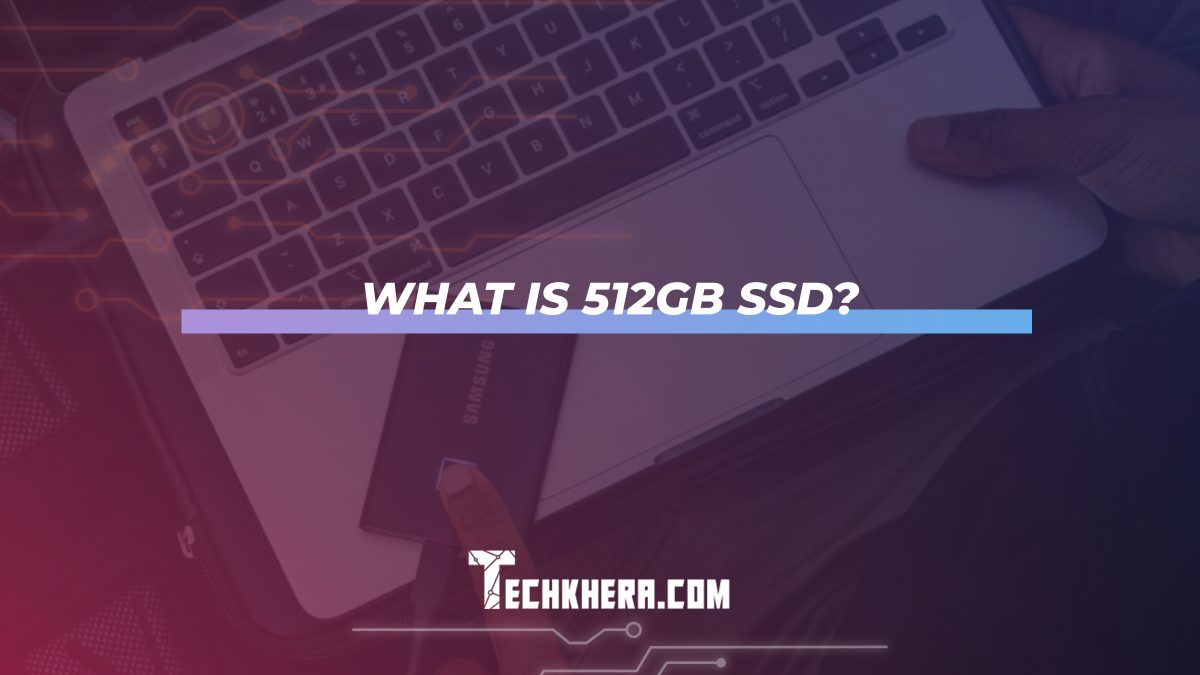
What is 512GB SSD?
In the realm of computer storage, the Solid State Drive (SSD) has emerged as a game-changer, offering significant improvements over traditional Hard Disk Drives (HDDs). Among the various capacities available, the 512GB SSD is a popular choice for many users, striking a balance between ample storage space and affordability. This article explores what a 512GB SSD is, how it works, and why it might be the ideal storage solution for your computing needs.

Contents
What is a 512GB SSD?
A 512GB SSD is a type of solid-state storage device with a storage capacity of 512 gigabytes. Unlike traditional HDDs, which use spinning disks and mechanical read/write heads, SSDs utilize flash memory to store data. This difference in technology leads to several advantages, including faster data access speeds, lower power consumption, and greater durability.
How Does an SSD Work?
SSDs use NAND-based flash memory, a type of non-volatile storage that retains data even when the power is turned off. Data in an SSD is stored in a grid of electrical cells, allowing for quick access and modification. The absence of moving parts in SSDs means data can be read and written almost instantaneously, providing a significant speed advantage over HDDs.
Key Advantages of a 512GB SSD
1. Speed and Performance
One of the most notable benefits of SSDs is their speed. A 512GB SSD can significantly enhance your computer’s performance:
– Faster Boot Times: Computers with SSDs can boot up in a matter of seconds, compared to the longer wait times often experienced with HDDs.
– Quicker Data Access: Applications load faster, and file transfers are more efficient. This can be particularly beneficial for tasks such as video editing, gaming, and large data processing.
– Enhanced System Responsiveness: Overall system responsiveness improves, making multitasking smoother and reducing lag.
2. Durability and Reliability
SSDs are more durable and reliable than HDDs due to the lack of moving parts:
– Shock Resistance: SSDs are less prone to physical damage from drops and shocks, which can easily damage the mechanical components of HDDs.
– Longevity: SSDs have a longer lifespan and are less likely to fail due to mechanical wear and tear.
3. Energy Efficiency
SSDs consume less power than HDDs, making them an ideal choice for laptops and other portable devices. This reduced power consumption leads to longer battery life and lower energy costs over time.
4. Noise Reduction
Since SSDs do not have moving parts, they operate silently. This can be a significant advantage in creating a quieter working environment, especially in spaces where multiple computers are running simultaneously.
Is a 512GB SSD Right for You?
Choosing the right storage capacity depends on your specific needs and usage patterns:
– Everyday Use: For general computing tasks such as web browsing, office applications, and media consumption, a 512GB SSD provides ample space and ensures a smooth user experience.
– Gaming: Gamers will benefit from the faster load times and improved performance. A 512GB SSD can store several large games, though avid gamers with extensive libraries might need additional storage.
– Professional Work: For professionals dealing with large files, such as video editors, graphic designers, and software developers, the speed and reliability of a 512GB SSD can enhance productivity. However, they might need external or additional internal storage for large projects.
Combining SSDs and HDDs
Many users opt for a hybrid storage solution, combining the speed of an SSD with the capacity of an HDD. This approach allows the operating system and frequently used applications to be installed on the SSD for speed, while larger files and less frequently accessed data are stored on the HDD. This setup provides the best of both worlds: speed and ample storage space.
A 512GB SSD is an excellent choice for users seeking a balance between storage capacity and performance. Whether you’re upgrading an existing system or building a new one, the benefits of faster boot times, enhanced system responsiveness, greater durability, and lower power consumption make it a compelling option. By understanding your storage needs and the advantages offered by SSDs, you can make an informed decision that enhances your computing experience.
